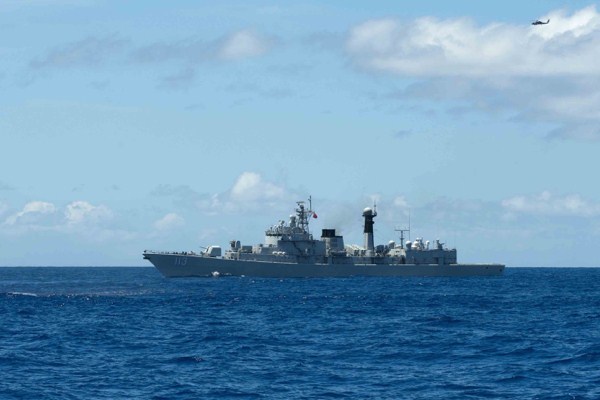Earlier this month, while visiting Seoul for talks with his South Korean counterpart, China’s defense minister expressed Beijing’s opposition to the deployment in South Korea of the U.S. Terminal High Altitude Area Defense (THAAD) missile defense system. That followed a similar declaration by China’s ambassador to South Korea in November, and the topic was reportedly also raised by Chinese President Xi Jinping in talks with South Korean President Park Geun-hye during Xi’s visit to Seoul in July.
The vocal expressions of Chinese concern are puzzling, since the U.S. and South Korean governments have not held any formal talks on such a deployment, and Seoul has so far been reluctant to enter into a proposed U.S.-led regional missile defense architecture. Moreover, even if the U.S. deployed a THAAD battery in South Korea, it could hardly threaten China’s enormous missile arsenal or even its limited number of ICBMs, whose fast flight times, concealed locations and mobile launchers would make for an elusive target.
Some observers have suggested that Beijing is using the issue as a red herring to divert attention from its own missile defense programs. China has indeed been researching BMD for years, though on a low-key basis and with no clear commitment to deploy a national missile defense system like that of the United States.

